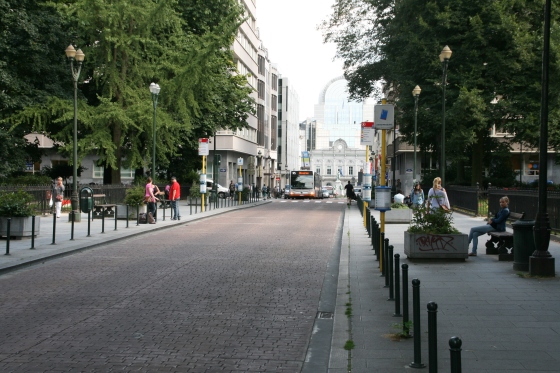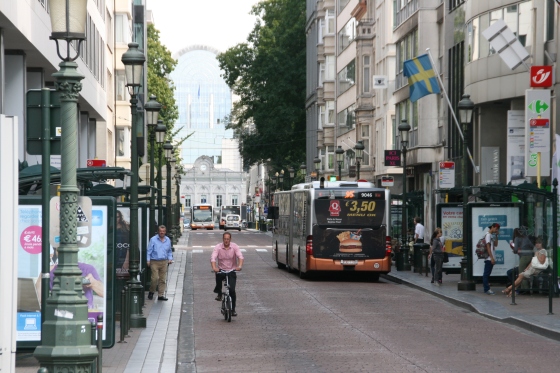We continue where we left of yesterday. A conversation with a lobbyist about the culture of lobbying, moral guilt, life in Brussels and more. You can read part 1 of this interview here.
Was there one specific moment that made you decide to step out?
There was not one specific moment. I had set an ultimatum for myself. If it’s not improving, I thought, I would go looking for something else. At first, I didn’t find anything. I was offered a couple of jobs as well, but rejected them. In the financial world you have a couple of organizations where heavy conflictual situations are not part of the daily routine. The world of creditcard companies for instance is completely different than the world of investment banks who are in the business of making money with money. On a certain moment I just stepped out. My backup plan was to pick up my studies again. In the end I found my spot at an organization with refreshing ideas.
How would you describe the lobby culture in the financial world?
It’s changing, but within the financial world you have a lot of alpha males with high levels of testosterone. Its a certain character of people. When you look at backgrounds in terms of education its quite arbitrary. People start working in the business when they are 25 years old and their salary is high. You go home with the idea that you’ve lost 1 billion Euros, but can compensate it by making the same amount next day. You lose every feeling of its value, of what a society should be and what important is in life. Its about making money. The bonuses they receive are not particular spend wise, so to say. At an investment bank the formula is simple. Bonuses are divided according to three factors. Yourself, the team and the company. Very meritocratic. Often 30 procent is for the individual. It stimulates the competition. It influences the atmosphere. Not meant in a positive way.


